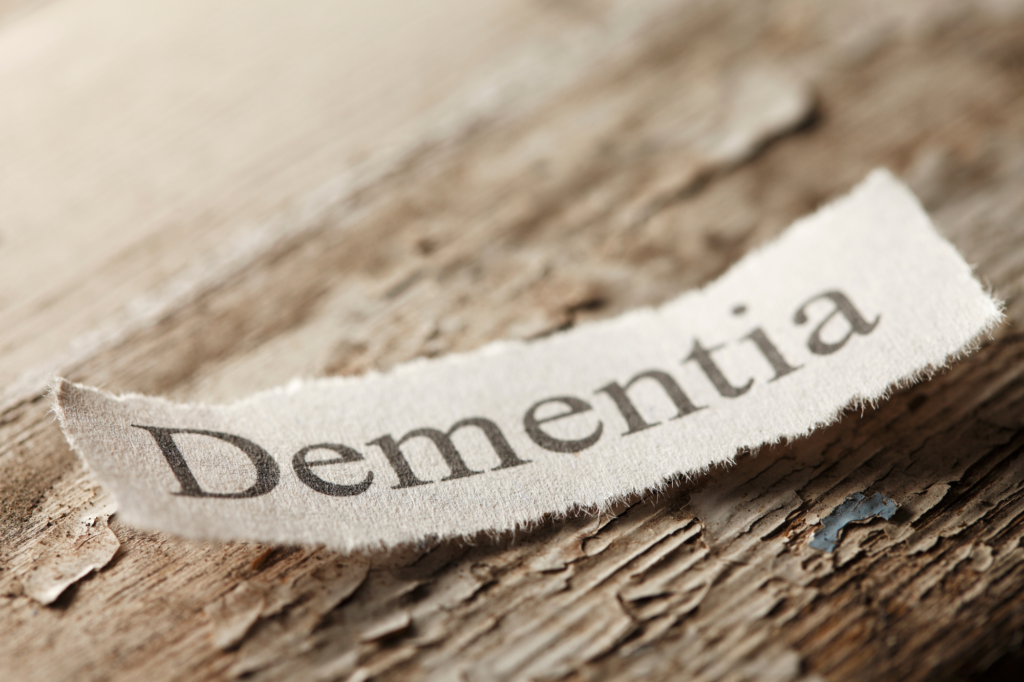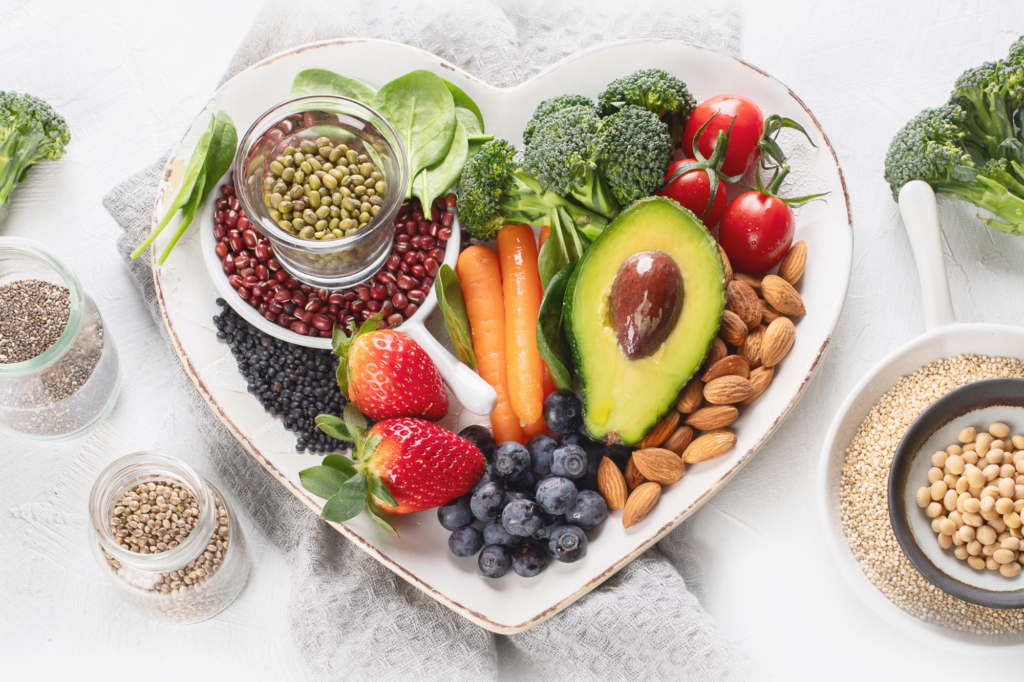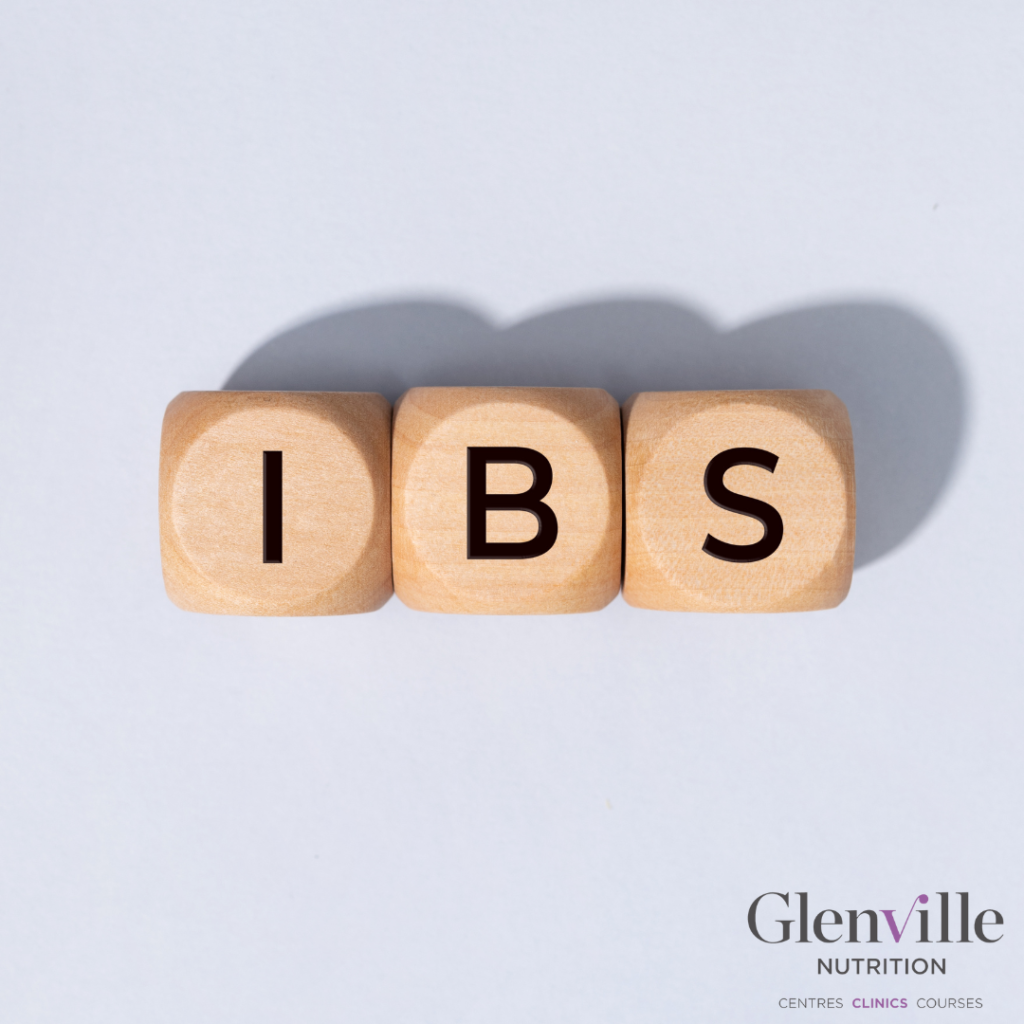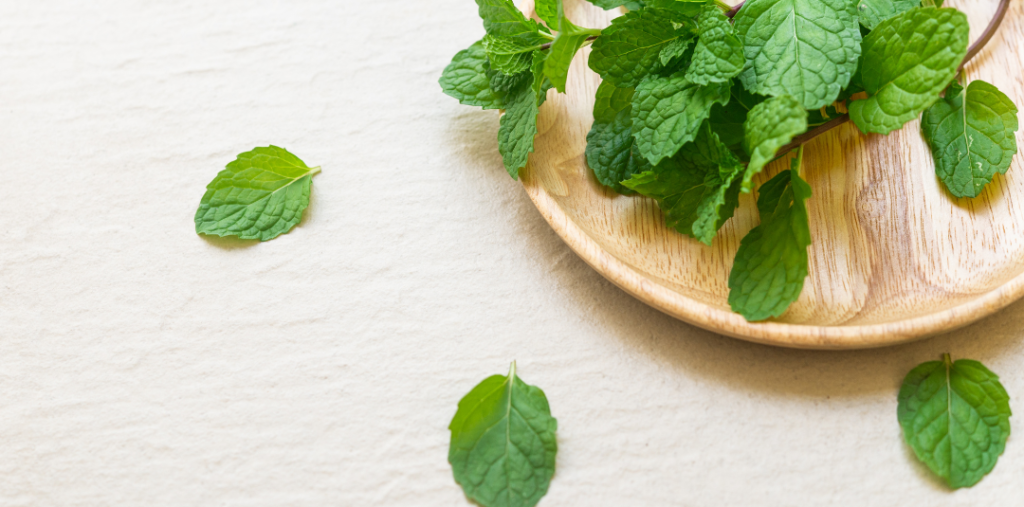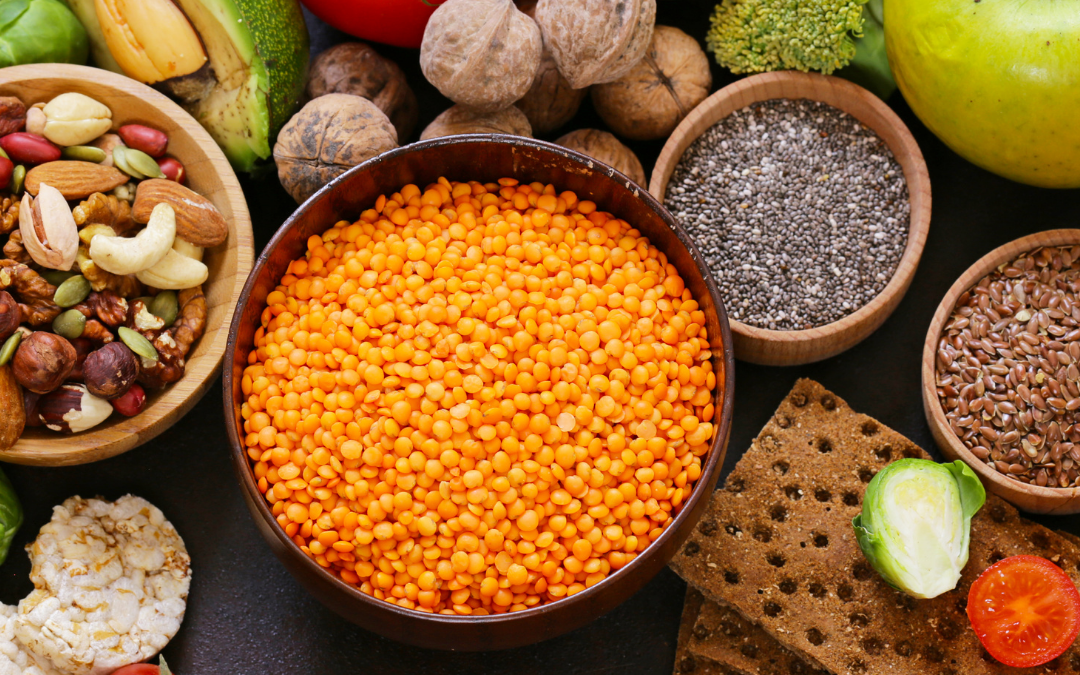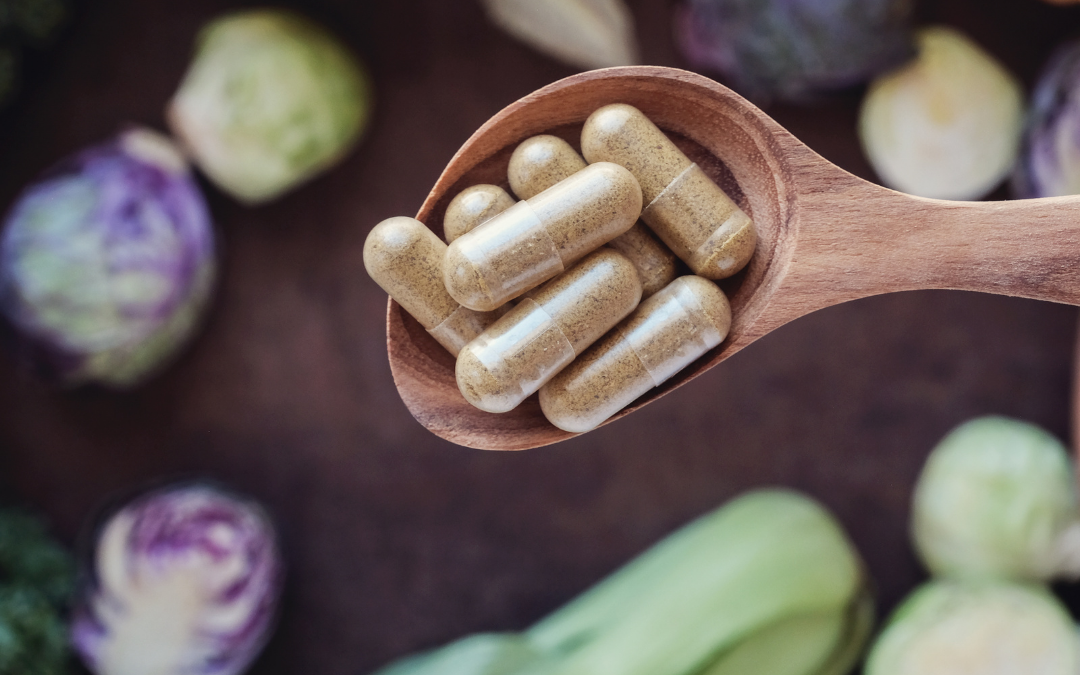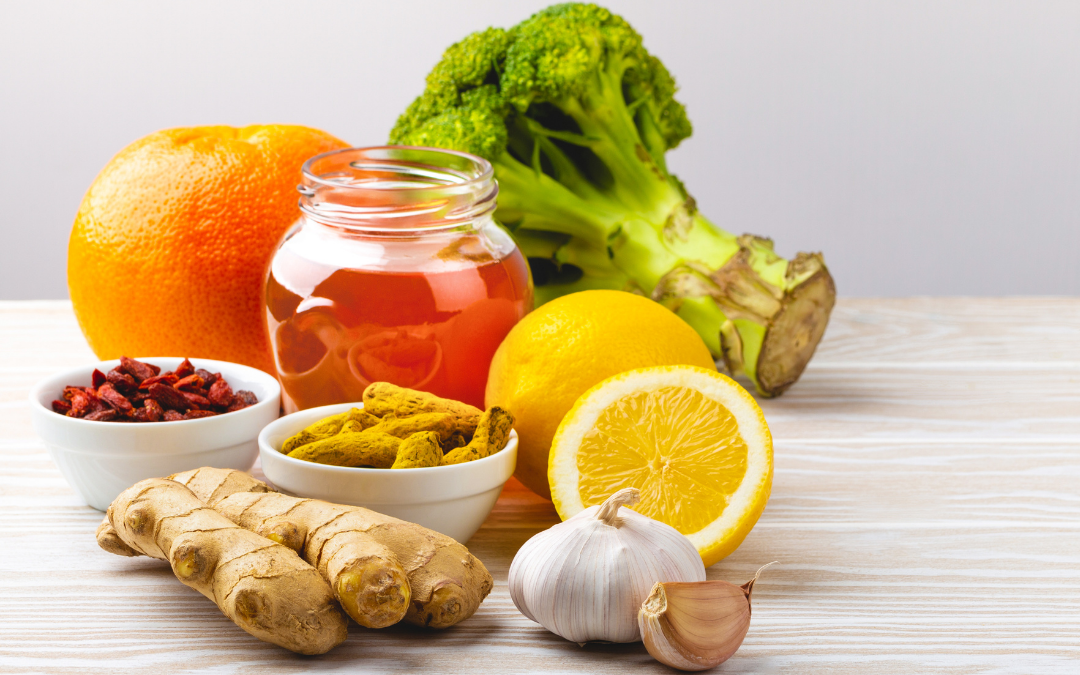Did you know that Dementia is an umbrella term that includes up to 100 different types of diseases?
Most common type is Alzheimer’s disease, which occurs in 50 to 75 per cent of cases – caused by plaque and tangles developing in the brain. Plaque are clumpy spheres that float between the neurons and prevent the transmission of messages to each other and the tangles actually choke the neurons from inside.
Next most common is vascular dementia at approximately 20 to 30 per cent – problem of supply of blood to the brain.
Alzheimer’s is the leading killer of women, three times more deaths than breast cancer, third biggest killer for men.
There are 850,000 people with dementia in the UK and it is estimated over 1 million people in the UK will be diagnosed with a form of dementia by 2025.
The total annual cost of dementia in the UK is £26.3 billion
The Alzheimer’s Society charity estimates delaying the onset of dementia by just five years would reduce deaths directly attributable to dementia by a staggering 30,000 a year!
Preventing memory loss is important whether you are a young person, middle aged or older as we know that it can take up to 30 years for symptoms of dementia to present themselves.
Did you know?
- 1 in 3 people over the age of 60 has problems with recall
- Dementia is now the leading killer of women, causing three times more deaths than breast cancer
- Changes in memory and concentration are major symptoms in women leading up and after the menopause
- It is the third biggest killer for men
- The financial cost of dementia to the UK is £26 billion per annum
Research shows that diet and lifestyle have more to offer the ageing brain than the drugs that are promoted to manage it. Physical activity is also important for healthy brain function.
One study tracked a group of people over eight years. The researchers found that those people who were the most active had a 30% lower risk of cognitive decline. What was interesting was that it was not the intensity of the exercise that made the difference but the amount.
So, with walking, the distance the people walked was more important than how fast they walked.
There are plenty of lifestyle changes you can make to boost your brain power and getting enough sleep is one of them.
Too little sleep increases your risk for Alzheimer’s because amyloid plaque, which is one of the structural changes seen in Alzheimer’s is cleared away during sleep, when your cerebrospinal fluid washes out toxins from your body. And the best sleep position for clearing out this plaque is on your side.
Just as your body needs regular exercise, your brain needs regular exercise too.
Keep it fit by playing cards and chess games, reading books, doing crosswords, learning an instrument or new language or by pursuing a new hobby.
Supplements of omega 3 fish oils can be helpful as DHA one of the major omega 3 fatty acid in the brain has most protective effect against Alzheimer’s.
The DHA in Omega 3 fatty acids helps to prevent the plaque forming in the brain which is present in Alzheimer’s, and they help improve cerebral blood flow and reduce inflammation, making them important in the fight against not only Alzheimer’s but also vascular dementia.
Other nutrients which can be helpful include anamino acid called acetyl-L-carnitine as it increases the brain receptors that would normally deteriorate with age so are helpful for memory loss and dementia.
People with Alzheimer’s have been found to have a shortage of the neurotransmitter acetylcholine and it is critical for memory and brain function.
Choline is a starting block for acetylcholine and is contained in high amounts in egg yolks and is also found in soya and nuts. So these are good foods for boosting memory and brain function.
Acetyl-L-carnitine works with coenzyme Q10 and alpha lipoic acid to maintain the function of the mitochondria. The mitochondria are the power houses of your cells, they provide the energy for your cells to function and survive.
In one study, people taking vitamins, B6, B12 and folic acid (vitamin B6 20mg, vitamin B12 500mcg, folic acid 800mcg) had 90% less brain shrinkage compared to those using a placebo.
How What You Eat Can Protect You Against Alzheimer’s and Dementia
Feed Your Brain
What you eat can have an enormous impact on your brain function as a study of over 1,000 people followed over 5 years showed that eating a Mediterranean diet is linked to less of a risk of memory loss and problems with concentration. The advice is to increase the consumption of fresh fruit and vegetables, olive oil and eat more oily fish and cut out processed, fast and convenience foods.
Making sure you keep your blood sugar in balance is also important as poor blood sugar control has been so closely linked with an increased risk of Alzheimer’s that it has been suggested that Alzheimer’s should be called type 3 diabetes.
Almost three quarters of people – a staggering 70 per cent – with type 2 diabetes are now known to develop Alzheimer’s, compared with only 10 per cent of people without diabetes.
Tips for balancing your blood sugar.
Try andeliminate added sugar as much as possible and also refined carbohydrates like white bread, white rice as they are turned to sugar (glucose) quickly in your body and your pancreas has to produce more insulin in order to deal with them. Eat little and often, leaving no longer than three hours without eating, so breakfast, mid-morning snack, lunch, mid-afternoon snack and dinner.
Make sure you have breakfast otherwise you are more likely to reach for a coffee and a cake at 11am because your blood sugar will have plummeted. You may feel moody, irritable, tense and not able to concentrate. Always eat breakfast and make it a mixture of protein and carbohydrate – avoiding sugar-laden breakfast cereals at all times.
Include protein with every meal as it slows down the blood sugar rise from the carbohydrates. So, whenever you eat an oat cake or brown rice, include some fish or eggs, or a vegetable protein such as quinoa, legumes (in the form of, say, chickpea hummus), nuts (nut butters, such as almond butter, are good) or seeds. The body takes longer to process proteins than other foods, so adding protein effectively slows down the absorption of the carbohydrate.
Be booze aware
Alcohol has an effect on your blood sugar, so look for drinks with a lower sugar content. Spirits do not contain sugar, but their mixers usually do. White wine is more sugary than red, but on the other hand a white wine spritzer (made with sparkling mineral water) will be better for you than a full glass of red wine.
Nurture your nutrients
Certain nutrients can also be helpful in keeping your brain healthy and can be thought of as being supplementary to your diet.
Supplements of omega 3 fish oils are particularly helpful as DHA, one of the major omega 3 fatty acid in the brain, seems to have the most protective effect against Alzheimer’s. The DHA in Omega 3 fatty acids helps to prevent the plaque forming in the brain which is present in Alzheimer’s, and they help improve cerebral blood flow and reduce inflammation, making them important in the fight against not only Alzheimer’s but also vascular dementia.
Other nutrients which can be helpful include anamino acid called acetyl-L-carnitine as it increases the brain receptors that would normally deteriorate with age so helpful for memory loss and dementia.
People with Alzheimer’s have been found to have a shortage of the neurotransmitter acetylcholine and it is critical for memory and brain function. Choline is a starting block for acetylcholine and is contained in high amounts in egg yolks and is also found in soya and nuts. So, these are good foods for boosting memory and brain function.
Acetyl-L-carnitine works with coenzyme Q10 and alpha lipoic acid to maintain the function of the mitochondria. The mitochondria are the power houses of your cells, they provide the energy for your cells to function and survive.
In one study, people taking vitamins, B6, B12 and folic acid (vitamin B6 20mg, vitamin B12 500mcg, folic acid 800mcg) had 90% less brain shrinkage compared to those using a placebo.
The research suggests that there is a 20- to 30-year interval between first development of amyloid plaque and onset of dementia. So, no matter what age you are it is never too late to change your diet to help protect your brain health.
How Does Stress And Poor Sleep Increase Your Risk Of Alzheimer’s and Dementia
There are plenty of lifestyle changes you can make to reduce your risk of Alzheimer’s and dementia and getting enough sleep and reducing stress are two of them.
Get enough shut-eye
Too little sleep increases your risk for Alzheimer’s because amyloid plaque, which is one of the structural changes seen in Alzheimer’s is cleared away during sleep, when your cerebrospinal fluid washes out toxins from your body. This cerebrospinal detoxification only happens during sleep. Brain cells shrink, making space for the fluid to flow freely through and around them clearing out the waste. And the best position for clearing out this plaque is to sleep on your side.
Sleep is so important for your memory as it consolidates the effects of your waking experience by converting those memories into more permanent and enhanced forms. This also makes it easier to retrieve those memories when you need them.
Aim for six to eight hours. If you are not already sleeping well, you should look at your bedtime routine. Poor ‘sleep hygiene’ is the most common cause of insomnia and disturbed sleep. Your busy, active brain needs to be treated like a dimmer switch and allowed to wind down slowly. Ideally, you should allow about 40 minutes to switch off with whatever relaxing routine you find most helpful – for example, having a bath, reading, or listening to an audio book.
But before you do any of that, you need to switch off your TV, phone and tablet – at least an hour before you intend to go to bed. This is not just about bombarding your brain with information just before you try to sleep, there are physical factors at work: backlit screens, such as those of a tablet or smartphone, emit blue light that interferes with your body’s production of melatonin – the hormone that regulates your body’s circadian rhythm, the 24-hour rhythm of day and night.
Exposure to bright light of any colour before bed will suppress your melatonin production – it’s just that blue light is worst of all. Studies show that sitting in bright light compared to a dim light delays melatonin onset and shortens melatonin exposure by up to 90 minutes – that is, it takes a full hour and a half for the effects of bright-light exposure to wear off and melatonin to kick in and make you feel sleepy. If the room light is left on during sleep, melatonin secretion is suppressed by greater than 50 per cent.
Top tips for a good night’s sleep
As well as putting away screens one to two hours before you go to bed and creating a relaxing bedtime routine, try adopting the following as part of your good sleep hygiene:
- Use blackout curtains or blinds, which can stop morning light waking you too early, and will help to mask the light of bright streetlights, if you have it, outside your bedroom window.
- Don’t have an alarm clock or night light that emits a light during the night.
- If you need a night light (for example, to light your way to the loo), then use a dim, red light, as this bypasses your optic nerves in such a way as not to interfere with your body’s production of melatonin.
- Get lots of bright light during the day and early evening, as this will help improve your sleep and melatonin levels. It could also help prevent sundowning (an increased state of confusion towards the end of the day) in people with Alzheimer’s.
- Keep your bedroom cooler rather than warmer, then layer on blankets that you can add or remove during the night if you get too cold or hot.
- Use cotton bedding, which will enable your body to regulate your temperature more effectively during the night, improving your ability to sleep through.
- Get a comfortable mattress – the best and most comfortable you can afford!
When you want to get to sleep quickly and sleep well throughout the night then a good combination of natural ingredients including magnesium can help. Valerian reduces the amount of time it takes to fall asleep and also improves the quality of that sleep. Hops have a natural sedative effect and a long history in helping to improve sleep. Research has shown that both valerian and hops can reduce restlessness and anxiety. L- theanine is important to help your brain ‘switch off’ when going to sleep. Other herbs such as chamomile, passionflower, skullcap and lemon balm are known for their sleep-inducing effects. And tart cherries have been shown to increase sleep time in people with insomnia by up to 84 minutes.
Reduce Stress
Research has shown that that experiencing stress in midlife can increase your risk of Alzheimer’s and dementia later on.
Try to devise strategies to reduce the amount of stress you are under – asking for help, delegating, and learning to say no are all good ways to start. If your job is stressing you a lot, can you change it – if not completely, then in small but significant ways (reduce your hours, move department)? If friends are overloading you, can you take a step back?
Balancing your blood sugar is essential in lowering stress because the crashes in sugar levels which happen through the day (due to going long periods without food and not eating the right foods) stimulates the stress hormones, adrenaline and cortisol to be released. This is because these stress hormones, apart from helping you to run away from danger, can also mobilise your glucose (which has been stored as glycogen in the liver) back into the blood stream. This is why you can feel more jittery, irritable etc when your blood sugar plummets!
So, ensure you have a small meal every 2-3 hours that contains protein (eat breakfast, lunch and dinner plus a snack mid-morning and one mid-afternoon). For example, a hard-boiled egg, 10-12 almonds, a small can of tuna and brown rice. This will stop those roller-coaster highs and cravings for sweet foods. Because your blood sugar isn’t allowed to drop, your body will no longer have to ask you for a quick fix. As your blood sugar steadies, you will feel less stressed even though you might not be able to control the stress going on around you.
Certain nutrients can be very helpful in reducing stress levels, such as B vitamins, especially B5 for stress relief and energy, magnesium (known as nature’s tranquiliser) for relaxation and sleep, chromium for blood sugar balance, L-theanine for reducing anxiety and finally Siberian Ginseng, which acts as a tonic to the adrenal glands.
What Are The Top 7 Risk Factors For Alzheimer’s And What You Can Do About Them?
From poor nutrition to lack of exercise, there are several factors which can increase the likelihood of you developing Alzheimer’s.
An Unhealthy Diet
It is extremely important that you eat well, as your mind and body are very much connected. We know from research that eating a Mediterranean diet leads to less memory loss and/or problems with concentration. We also know that the Mediterranean diet is important for helping to keep your heart healthy, and this is just as important for your brain. The risks for Alzheimer’s are increased by many of the same conditions that damage your heart and blood vessels e.g., heart disease, stroke, type 2 diabetes, high blood pressure and high cholesterol, so it is important that you do your best to follow a balanced, healthy diet, to reduce the risk.
Lack of Exercise For Your Mind and Body
Physical activity is very important for healthy brain function. One study tracked a group of people over eight years. The researchers found that those who were the most active had a 30% lower risk of cognitive decline, and the amount of exercise made a bigger difference than the intensity. So, with walking, the distance walked was more important than the pace. Some experts have even linked strength training with a lower risk of cognitive decline because parts of the brain grow as your muscles do!
Researchers suggest that the positive effects of exercise on cognitive function occur because exercise can increase hippocampal volume, reversing age-related loss in volume by one to two years. (The hippocampus is the part of your brain that shrinks as a symptom of Alzheimer’s.)
As your body needs regular exercise, your brain needs regular exercise too. Keep it fit by playing cards and chess games, reading books, doing crosswords, learning an instrument or new language or by pursuing a new hobby.
Not Getting Enough Sleep
Too little sleep increases your risk for Alzheimer’s because beta-amyloid protein is cleared away during sleep when your cerebrospinal fluid washes out toxins from your body. You should try to aim for 6 to 8 hours of sleep most nights.
Certain Medications
Proton pump inhibitors (PPIs) are a medication to help reduce acid reflux, and they are now thought to increase the risk of developing dementia by 44 per cent because they increase the level of beta-amyloid in the brain.
In addition, there are several other over-the-counter medicines which include anticholinergics – found in treatments for colds, flu, heartburn, sleep problems – that block the chemical acetylcholine that your body needs to transmit electrical impulses between nerve cells. Recent research shows that those people taking these drugs have reduced brain volume (known as brain shrinkage) and they performed less well on memory tests.
Try not to only use over-the-counter medicine unless you really need them and if you are on a prescription medicine, ask your doctor if there are any other alternatives.
Family History
You may have a strong family history risk of Alzheimer’s, so it is important to think about dietary and lifestyle changes you can make to reduce your chances of developing the condition yourself.
You may worry that Alzheimer’s is in your genes. Some genes do directly cause early onset Alzheimer’s affecting those people aged between 30 and 60. However, genetics are responsible for less than 5 per cent of all Alzheimer’s cases.
It’s important to remember that if you have a strong family history of Alzheimer’s, it is not inevitable that you are going to develop the problem, so it is important to work on prevention and it’s never too early to start.
Vitamin D Deficiency
We have known for many years that vitamin D is important for bone health and in the prevention of osteoporosis. However, it is only in recent years that we have realised how important this nutrient is for general health, particularly for brain health. We get most of our vitamin D quota from sunlight because natural food sources are few. Research has shown that if you are moderately deficient in vitamin D, you have a 69-per-cent increased risk of Alzheimer’s and the risk increases to 122 per cent in those who are severely deficient.
Choose vitamin D in the form of D3, also called cholecalciferol. There is a cheaper form, called D2 (ergocalciferol), but research suggests that vitamin D3 is 87 per cent more effective at raising and maintaining your vitamin D levels than vitamin D2.
Stress
Unfortunately, stress increases your risk of Alzheimer’s. You may think that you can’t control stress – but you can control how it affects you physically, and you can make sure you are not exacerbating it. There is a chance that your pattern of eating is subconsciously telling your body that it is under even more stress. The reason is that if your blood-sugar levels fluctuate, your body releases adrenaline and cortisol, which are the same hormones it releases when you are under stress.
Try to keep your blood-sugar levels stable by eating something every three hours and be careful if you are drinking a lot of coffee. Eat breakfast, lunch and dinner, plus a snack mid-morning and one mid-afternoon, with no longer than three hours between. This will stop those roller-coaster highs and lows and cravings for sweet foods.
If you would like to explore whether a consultation with an expert nutritionist at the Glenville Nutrition Clinic could help you, please contact us on 01892 515 905 or send us an email at reception@glenvillenutrition.com
